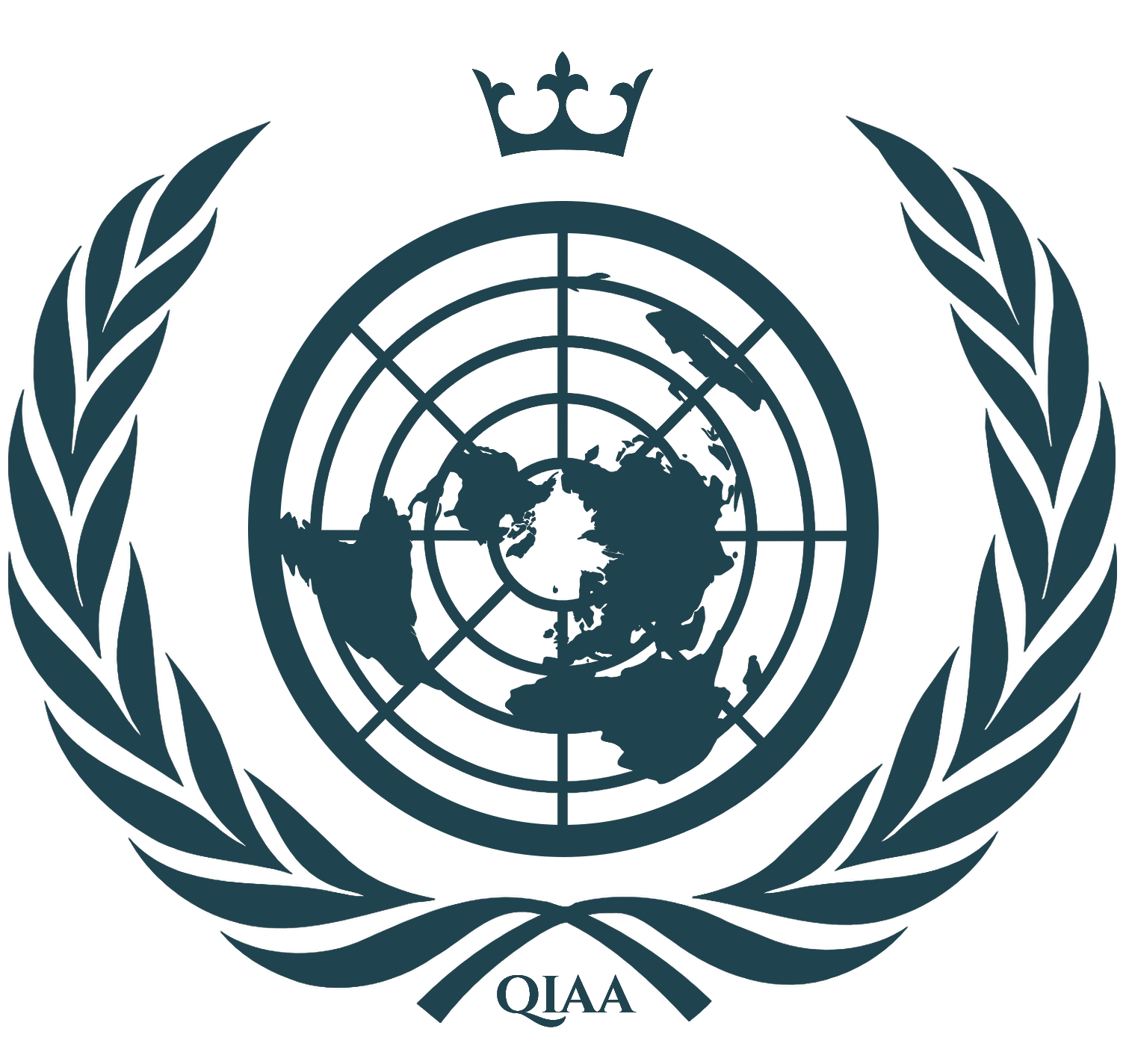Who We Are
Established in 1907, Queen's International Affairs Association (QIAA) is a not-for-profit, student-led organization at Queen's University in Kingston, Ontario. QIAA aims to educate, engage, and enhance the experience of all Queen’s students to promote a better understanding of international affairs within Queen’s and the broader global community.
We do this through all of our initiatives! This includes our two annual conferences: the Queen's Model United Nations Invitational (QMUNi) in the Fall and the Queen's National Model United Nations Conference (QNMUN) in the Winter. QIAA also publishes the only international-relations journal on campus, the The Observer and is the home to Right of Reply, our international relations podcast.
QIAA is renowned for its monthly speaker's series featuring many prominent figures of International relations and politics, as well as International Development Week, which strives to bring awareness to Canada’s role in reducing poverty on a global scale.
QIAA's flagship initiative is the Queen's Model United Nations Team which competes in International Affairs and Model United Nations conferences throughout the world. Ranked in the top 25 teams in North America, the Queen's MUN Team has won numerous best delegate and best delegation awards at prestigious conferences such as the Cornell International Affairs Conference, Brown University Crisis Simulation, Princeton Interactive Crisis Simulation and the West Point Model United Nations Invitational.
OUR HISTORY
QIAA draws its roots from the original Queen’s International Relations Club which was created in 1907. The club’s mandate has always been to promote debate and dialogue about international affairs within the Queen’s community. This has been achieved by organizing, training for, and participating in, Model United Nations conferences. In 1987, the club was officially ratified under the Alma Mater Society as the Queen’s International Affairs Association. Since then, its flagship initiative has been the Queen’s MUN Team. Originally maintaining a highly academic nature with strong involvement from professors and faculty advisors, the club used to be narrowly focused on international affairs academia. With the global trend towards multidisciplinary approaches, QIAA broadened its operations significantly in the 2000s. The club started publishing the Queen’s International Observer, its quarterly magazine, in 2003. In 2004 the Queen’s Foreign Policy Conference began, taking place originally in Ottawa. In 2007 the Queen’s Interactive Crisis Simulation began and was modeled after the Princeton Interactive Crisis Simulation. In 2008 the Global Passport Internship Program was created as the annual internship fair began and the ‘Global Passport’ was published. Since then, QIAA has grown in leaps and bounds.
QIAA underwent a major overhaul in the 2012-2013 year. Three brand new initiatives were created including an international relations radio show called Right of Reply, a Community Outreach Program and the Queen’s Model United Nations Invitational – a competitive MUN conference on the circuit which is catered towards external MUN Teams. This was possible through the bundling out of the Foreign Policy Conference into the Crisis Simulation. The Global Passport was converted into an entirely online database accessible to anyone to use and the first annual QIAA Gala was held to recognize the successes of the organization and appreciate the hard work put in by the members of its executive. The Furthermore, to support its exponentially growing operations, QIAA adopted a corporate structure by centralizing its Program Support division into Finance, Sponsorship, Marketing, Fundraising, Socials and IT departments. As a result of its efforts, QIAA was awarded the first AMS Club of the Year award.
QIAA has built on a tradition of excellence and is moving into the age of globalization as a stronger and more cohesive unit, providing unparalleled innovations and opportunities for members of the Queen’s community to educate, experience and engage in international relations, global politics, foreign affairs and current events.

